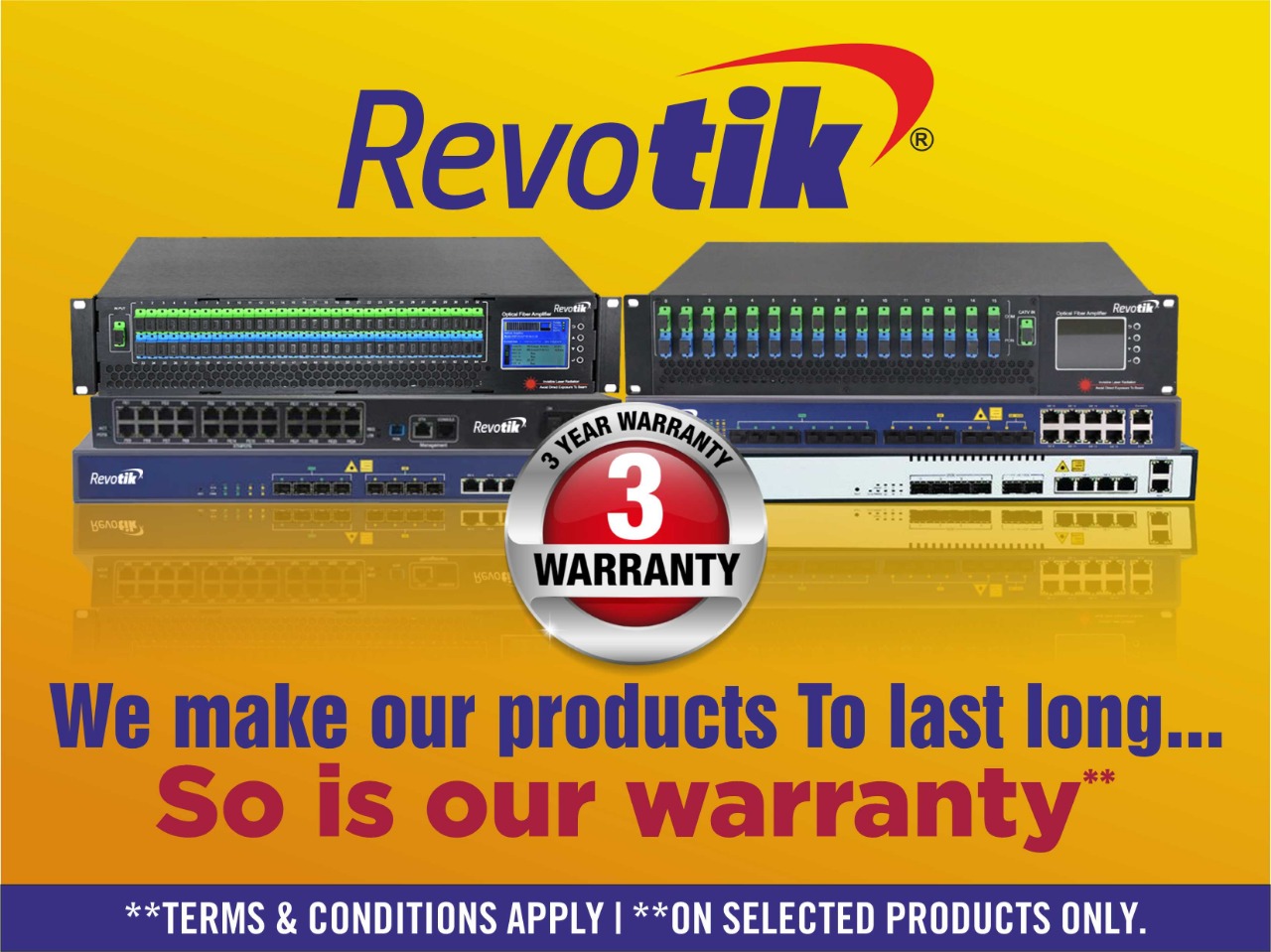Systematisation is a great way to expand your business and create sustainable growth. The process of organising your company’s operations gives everyone clarity about what they need to be doing which allows them to step out of the managerial and tactical roles and achieve real results while also requiring them to be accountable. However, this requires a framework that lets you document the ‘rules’ for your company, ensuring that routine tasks can take off and you can focus on the tasks that matter most. This is the purpose of an organizational management system.
A management system for companies aims to create a set policies and procedures, as well as guidelines which ensure that all functions of an enterprise are performed according to best practice. These are designed to help achieve a variety of corporate objectives such as improving efficiency in operations, financial success, client relationships as well as environmental performance, worker safety and legislative compliance.
They usually are based on the PDCA cycle, and involve creating systems that record, review and make improvements to current practices in a systematic way. Some of these processes are designed to meet specific standards such as ISO 9001 quality management, ISO 14001 sustainability or ISO 27001 information security.
A great company management application must be simple to virtual storage facility an online database use and accessible to all employees. This could take the form of a light-weight application that lets anyone easily edit and publish new workflows, or high-quality documents, or it may simply be making a business process map accessible via an intranet. It is crucial to be able to upgrade the system in a way that it is able to reflect current company working practices. This minimizes the chance of it becoming obsolete, a common problem with more formalized manuals and software applications that require expertise to maintain.

